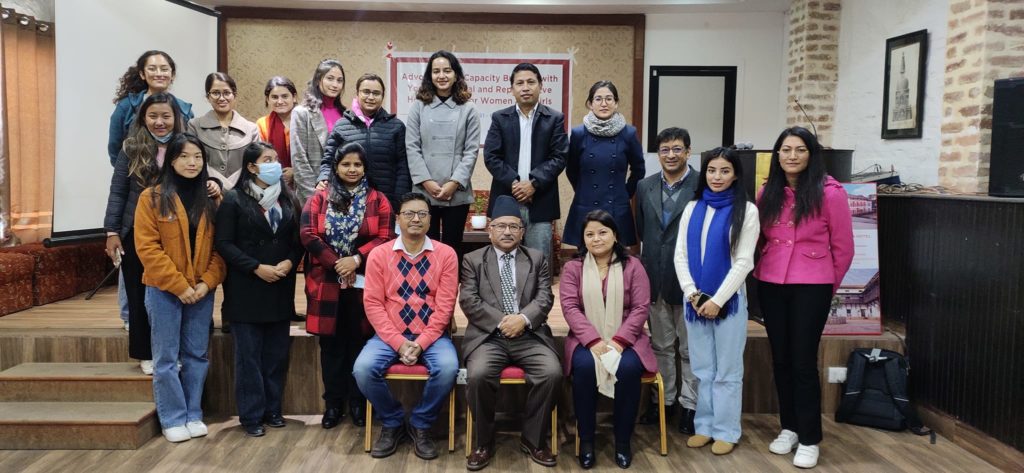Briefing Paper: Improving International Human Rights Standards on Adolescents’ Sexual and Reproductive Health Rights
This briefing paper discusses some gaps in jurisprudence by the Committee on the Rights of the Child and the Committee on the Elimination of Discrimination Against Women with respect to the sexual and reproductive rights of adolescents in view of social and legal realities in the South Asia region.
Around 340 million adolescents live in the South Asia region (Afghanistan, Bangladesh, Bhutan, India, Maldives, Nepal, Pakistan and Sri Lanka) – more than in any other region in the world. Across the region, adolescents continue to face barriers in access to reproductive health services. Although laws, policies, social and cultural conditions vary, there are some common challenges faced by adolescents.
The absence of clear laws and policies enabling adolescents to access sexual and reproductive health (SRH) services entails that they are often denied these services without parental or guardian consent. Social and cultural stigmas also restrict adolescents’ access to contraception and safe abortion services. Adolescents remain vulnerable to cultural sanction and even criminal penalties for engaging in consensual sexual activity.
“Improving International Human Rights Standards on Adolescents’ Sexual and Reproductive Health Rights” makes recommendations to United Nations treaty monitoring bodies for improving standards in their Concluding Observations to South Asian countries and General Comments that would strengthen guarantees for adolescents’ sexual and reproductive rights.


